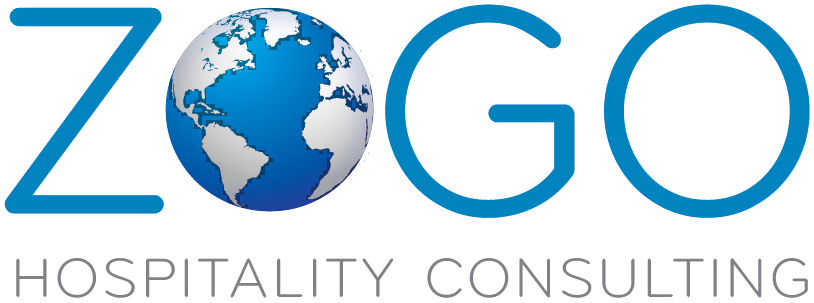When one talks about Standard Operating Procedures (SOPs), hotel teams usually start yawning. After all, SOPs are not exactly riveting reading. However, they are essential building blocks to operational efficiency, compliance, and consistent service levels.
A standard operating procedure (SOP) is a set of step-by-step instructions compiled by an organization to help workers carry out routine operations. SOPs aim to achieve efficiency, quality output, and uniformity of performance while reducing miscommunication and failure to comply with industry regulations. See Standard operating procedure
SOPs are readily available and incorporated into colleagues’ ongoing training. SOPs are living documents to be periodically reviewed and updated to reflect changes in local laws, operating systems, or guest feedback.
Why Standard Operating Procedures
New brands start by developing the concept, design, marketing and financials. Once agreed, the operating standards can be written. These SOPs become the base for the preopening training material. Ensuring all colleagues understand the daily operations, financial responsibilities, and guest expectations.
The biggest challenge is when a single hotel grows into a chain, with no standard operation procedures. When this happens, each hotel operates according to its own standards. The lack of consistency can affect the Guest expectations, resulting in complaints and poor reviews.
Operational Standards cannot be created in isolation, it takes considerable effort and knowledge, but the result is worth the commitment. Below are the essential steps Zogo Consultants follow to create Standard Operational Procedures.
Creating Standard Operating Procedures
- Agree who will be responsible for a particular process, and consequently signing off the procedures. Each department must have a document owner (either corporate for the brand standards or department head for hotel standards)
- Create a working group of area experts responsible for reviewing and providing necessary information to write the SOPs.
- Agree who will be responsible for writing the SOPs; this may be the area expert, department heads, corporate office, or external resources depending on timeline, budget, and overall requirements.
- SOPs and Checklists to be reviewed by Management in line with any new operating procedures.
- Agree on the templates for SOPs and Checklists before beginning any writing.
- Create a taxonomy to ensure all documents have a unique identifying code and a logical grouping that will enable to continue adding to your library over time; this will assist with the document management system
- Establish a document management system to ensure there is “one true source” for every document. The success of documentation lies in the colleagues’ ability to locate the information they are looking for quickly.
- Collect, review, and consolidate SOPs from all Hotels (if available).
- Review each department’s operations and identify areas for improvement, whether efficiency, service levels, or inconsistency.
- Identify SOPs to created or modified and agree with Document owners and experts.
- Agree on the timeline for completion of SOPs
- Initial draft
- Review by operational experts
- Final Edit
- Signoff of all SOPs
- Upload to document management system utilizing taxonomy and keywords to improve search capabilities.
Whether you chose to undertake this effort internally or with a consultant, allow for sufficient time and resources to be allocated. Ensuring the project completes, is relevant to the operations, and is readily available to all colleagues.
SOPs are the building blocks to daily operations and the basis for training material and capturing management and guests’ expectations. Take the time and effort to develop these to support your business.
